Will Cornell spray help with sawfly larvae?
MollyS
19 years ago
Related Stories

FALL GARDENING7 Reasons Not to Clean Up Your Fall Garden
Before you pluck and rake, consider wildlife, the health of your plants and your own right to relax
Full Story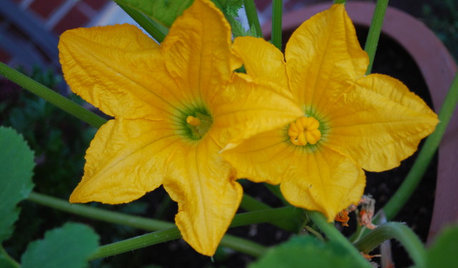
EDIBLE GARDENSSummer Crops: How to Grow Squash
Almost foolproof and with cheerful flowers, squash comes in a wide range of varieties to plant in spring
Full StorySponsored
Columbus Area's Luxury Design Build Firm | 17x Best of Houzz Winner!
More Discussions






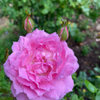
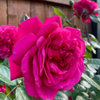
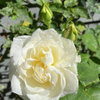
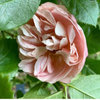
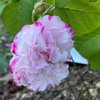
Kimm1
jean001
Related Professionals
Danbury Landscape Architects & Landscape Designers · Washington Landscape Architects & Landscape Designers · East Patchogue Landscape Architects & Landscape Designers · Aurora Landscape Contractors · Beachwood Landscape Contractors · Cambridge Landscape Contractors · Canyon Lake Landscape Contractors · Harrisburg Landscape Contractors · Long Beach Landscape Contractors · Madera Landscape Contractors · Middletown Landscape Contractors · Nanuet Landscape Contractors · Severna Park Landscape Contractors · South Farmingdale Landscape Contractors · Bensenville Landscape ContractorsPiglet_in_MD
michaelg
Field
elvie z9CA
Sharon_P
allisons